If you went back far enough into history, you would find huge parts of countries like Georgia, Romania, Azerbaijan, Ukraine, and Russia all underwater. They were deep under a vast megalake called the Paratethys Sea.
This enormous body of water was once connected to the larger oceans of the ancient world. But by around 10 million years ago, it was cut off from these oceans, becoming a massive lake—the largest lake ever known in Earth's history. In fact, at its peak, the Paratethys Sea held ten times the water of all of today's lakes combined.
The Great Lakes? Meet the megalake!
But for all of its size, the Paratethys Sea would not remain. It would shrink drastically over time—today, the Caspian Sea and Black Sea are the main leftovers of this once giant lake. A new study has tried to track how and when it shrank, and its researchers found some really neat stuff. Let's go through a couple highlights!
Lake or sea?
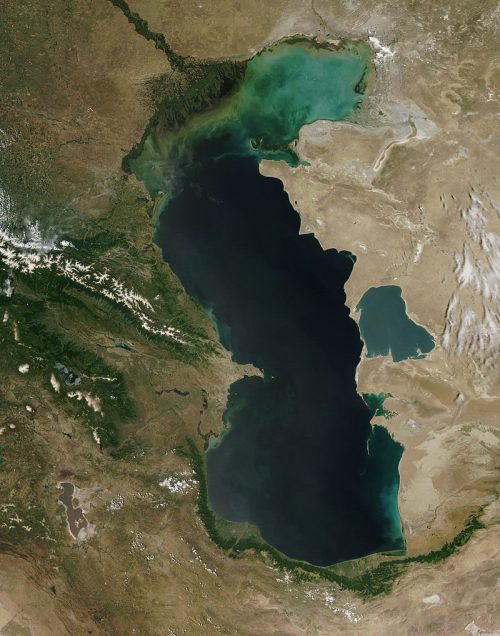
The Caspian Sea as seen from space. This sea is actually a lake! It was also once part of the Paratethys Sea. (Wikimedia Commons)
But before we do that, you might be wondering. Why are we calling this lake a 'sea'? What is the difference anyway?
A sea is a body of saltwater that is connected to a larger ocean. Usually, a sea is surrounded by land on several sides. Examples of this include the Sea of Japan, the North Sea, and the Bering Sea. Uh, see?
A lake is a large body of water that is entirely contained by land—though it can drain out to a sea or ocean through a river. Lakes are mostly freshwater—there are lots of those across North America. But they can be saltwater, too.
Sometimes, lakes become known as 'seas'. For example, the Caspian Sea—the largest inland body of water in the world—is technically a lake. But it is also saltwater and it has been known as a 'sea' (and even an ocean) since ancient times. And at one time it actually was once part of an actual sea.
The Paratethys!
From sea to lake to wasteland
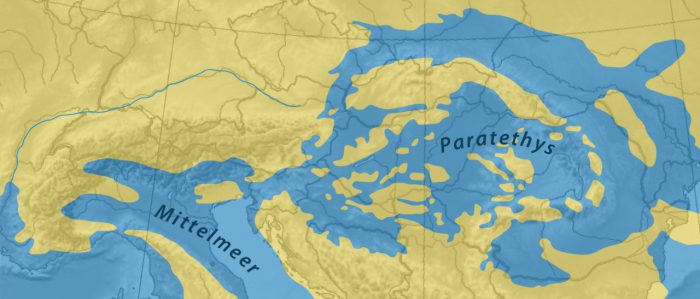
The Paratethys Sea around 13 million years ago, before it became a lake. (Wikimedia Commons)
Research shows that the Paratethys was once a true sea and connected to other oceans. It started around 34 million years ago. But it became permanently landlocked around 10 million years ago.
For a couple million years, it stayed a vital marine habitat, full of unique species of mollusks, fish, dolphins, crustaceans, and more. It covered around 2.8 million square km (about one million square miles).
But 7.65 million years ago, the climate in Europe and Asia changed dramatically. It got hotter and drier, and these changes caused the megalake to shrink by about 70% over several thousands of years. And as the water disappeared, the salinity (or amount of salt in the water) rose. This rise in salt would have made the water toxic to most of the animals that lived there. But ...
What was left behind
Eventually, the water returned to much of the lake, and the Paratethys Sea survived for another couple million years. (Not bad!) However, tectonic forces were forming new mountains all around the lake, and this was lifting up much of the lake floor. It was like the Earth was tipping the lake into the Mediterranean Sea!
Today, many 'leftovers' of the Paratethys do remain. And some of these seas are quite impressive by today's standards. But it's fun to think of what they were once a part of. An absolutely enormous megalake that would be larger than all but the seven largest countries in the world!
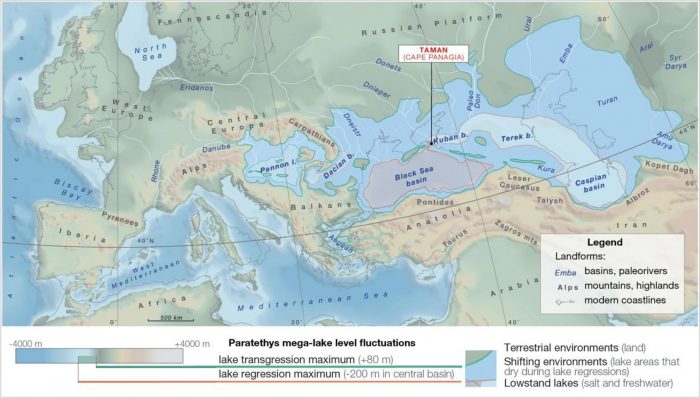 This illustration shows the size of the Paratethys Sea around 10 million years ago. This map also shows were today's countries and seas are for comparison. (Nature/Scientific Reports)
This illustration shows the size of the Paratethys Sea around 10 million years ago. This map also shows were today's countries and seas are for comparison. (Nature/Scientific Reports)
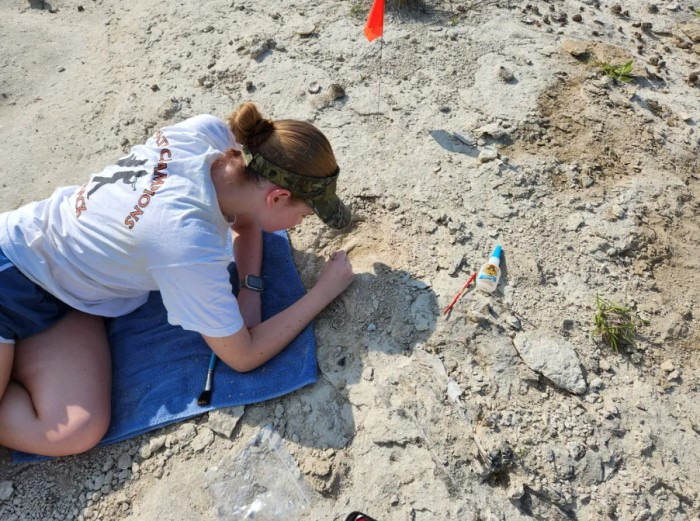
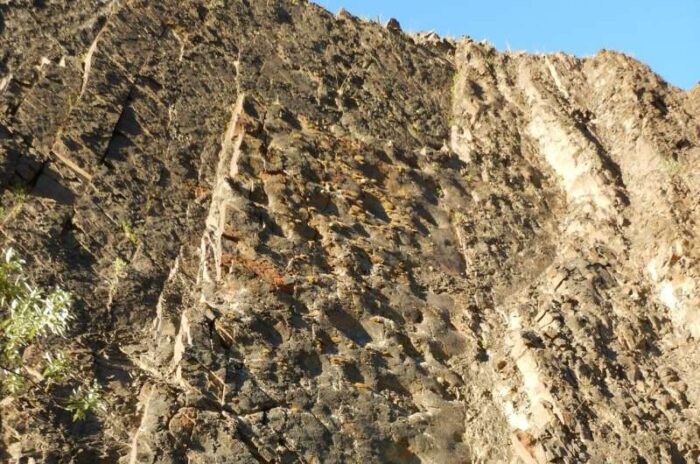
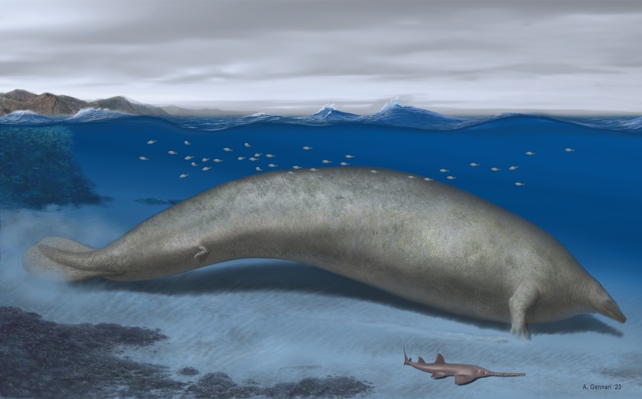
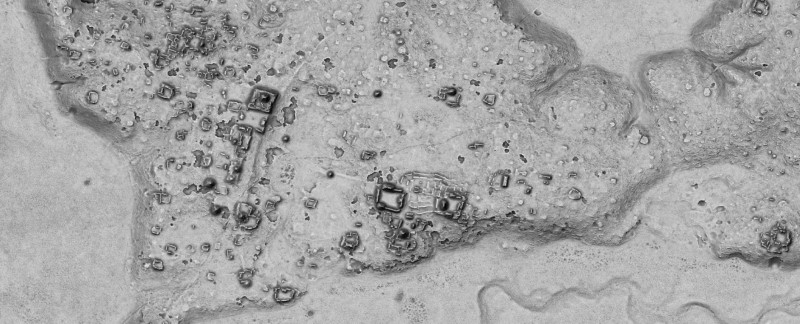
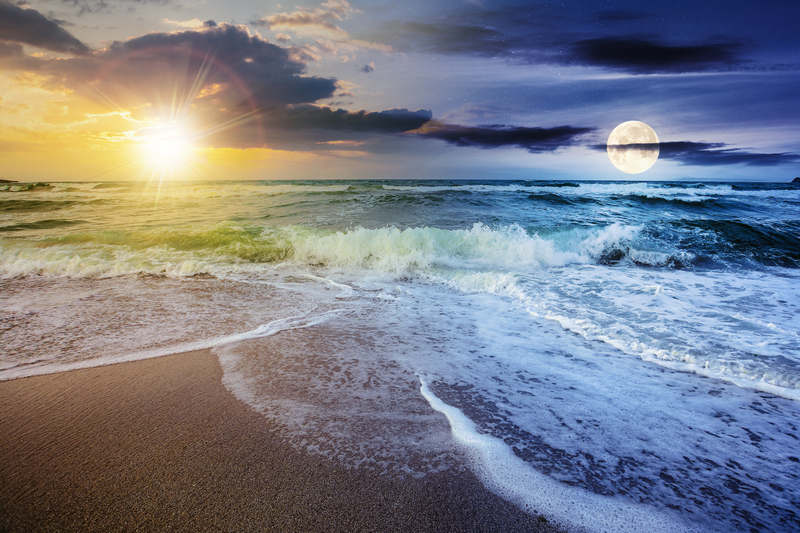
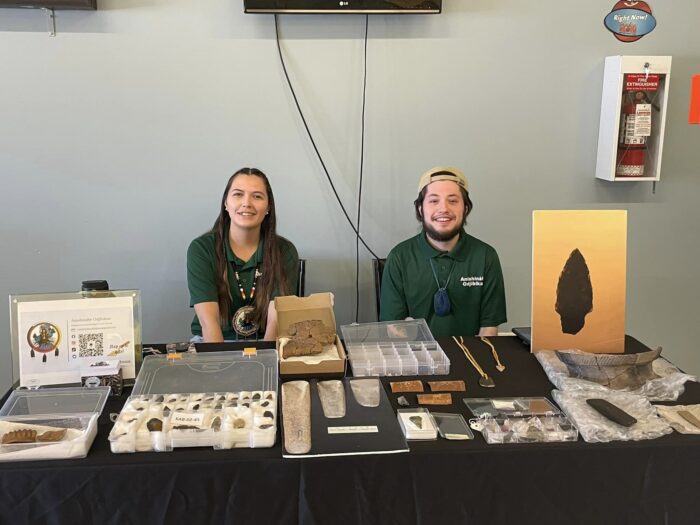
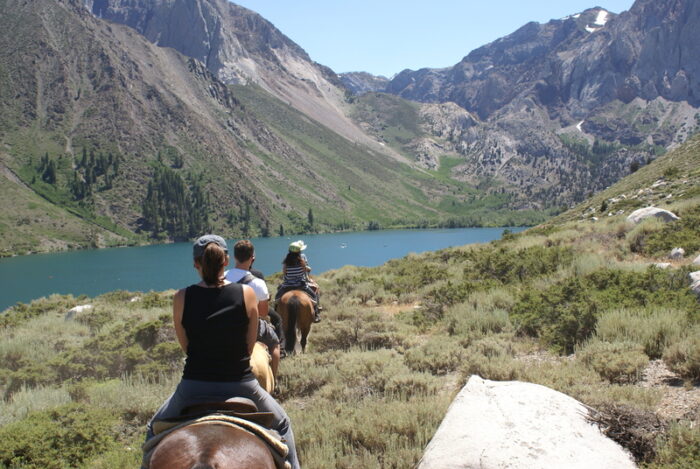
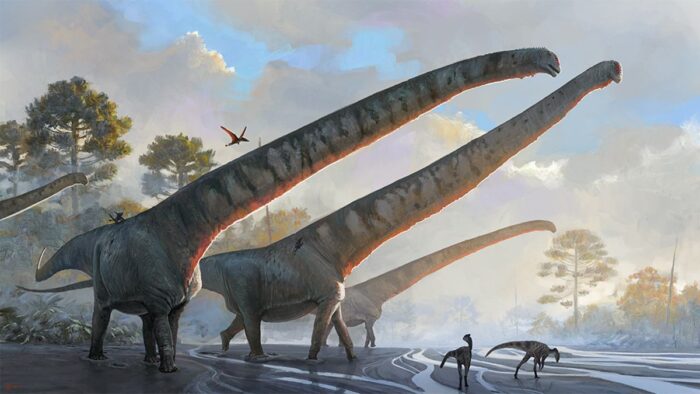
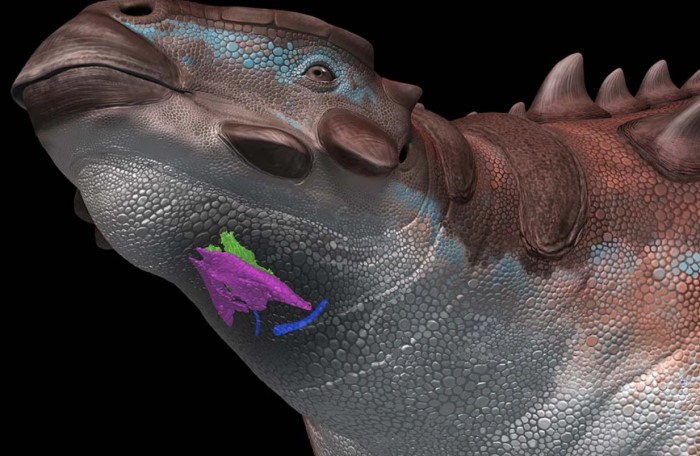
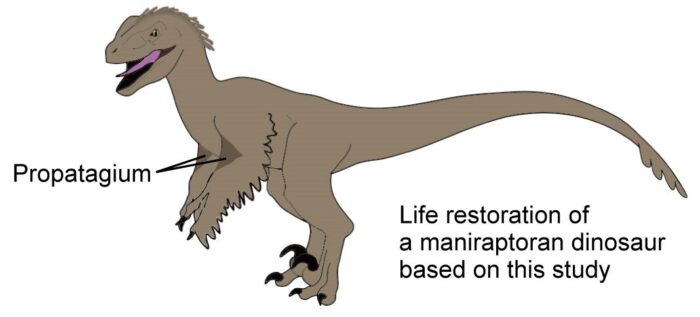
It’s incredibly interesting